You can always count on the former Republic of Danistan to come up with a deranged idea. Last week, they did not disappoint.
South Gippsland shire’s draft regulations sought to limit the height of grass to 30cm on rural and semi-rural properties. The Victorian Farmers’ Federation immediately pointed out that the proposed law would prevent farmers from making hay and silage. Not to mention being a pain to comply with… Properties do not have nice, even, small patches of grass to trim with scissors.
It’s almost as if the council has no idea how the real world works.
One person rather generously referred to the plan as an ‘error’ and a ‘bureaucratic bungle’. There are other ways to describe such behaviour from the council which cannot be set to print but have probably been muttered down the local pub.
Even in cities, councils are famous for failing to mow the lawns next to the footpath. If you want to see unkempt lawns, 8-foot-high weeds, and rubbish all over the ground, go find the closest patch of council-managed land. As a collective, they are a bunch of bureaucrats obsessed with ‘saving the planet’ yet can’t keep their tiny bits of land in check. They’d much rather spend the money painting your bins in rainbow colours.
When news first broke and the internet started laughing at the council, the Mayor of South Gippsland said he expected the wording to be ‘clarified’, presumably before people arrive with measuring tapes to size up the local lawns.
‘I don’t believe the intention ever was to restrict agricultural activity in Gippsland. Agricultural and farming is our biggest industry by far.’
Let’s be kind and go with that for a moment. How did such a piece of nonsense end up as a draft in the first place? There would have been other people in the room at the time. People with brains. Either this is the dumbest council in the world or – what is more likely – they genuinely thought they could control the length of grass in people’s paddocks and earn a tidy profit from those who could not comply.
We may safely lean toward the latter, given they listed ‘fire hazard reduction’ as a primary reason. Well, making hay is a fire hazard. Such is life. A bigger fire hazard is the lack of investment in firefighting equipment and strict burn cycles. A huge fire hazard can be found in the monstrous transmission lines proposed by renewables projects set to suffocate the nation from tip to toe. Indeed, the council contributes to the fire risk by imposing strict rules against the burning of rubbish on properties, curtailing clean up efforts from farmers because neighbours object to the smoke.
The real fire hazard to the region, and Australia at large, is the natural bush full of explosive Eucalyptus trees, but good luck keeping those under 30cm.
The Mayor has since updated his comments, saying:
‘People love to sensationalise things and jump on board with something to make it look like it’s more ridiculous than it is. Council has heard very loud and clear that the wording needs to be tightened up, and that’s exactly why we go out to these rounds of consultation.’
The point the public were making is that the concept is ridiculous, even in its moderated form.
In the ‘Your Questions Answered’ section on the council proposal, it refers to ‘excessive vegetation, including grass’ as falling under the rule. If this excludes paddocks, the council is still attempting to wander all over private property and start fining them for plant growth … at the same time they want everyone to reach Net Zero … which includes plants and … excessive vegetation. The Net Zero delusion is looking more and more like activists expect Australia to transform into a giant manicured lawn beneath a few thousand wind turbines (but no awkward eagle corpses bleeding all over the flower beds).
‘Just because a property is in an agricultural zone – doesn’t that mean that it’s being used for agricultural purposes,’ added the Mayor. ‘What we’re seeing in South Gippsland more and more is people coming from other parts of Melbourne or other areas buying up large parcels of land and letting them become a major fire risk.’
This requires a translation, because the Mayor has stumbled over an interesting point.
Farmers, who used to look after the land with their working farms, including keeping the grass short, have been pushed out by excessive green tape, Net Zero fees, increased taxes, ridiculous power bills, enormous costs to fuel, impossible biosecurity regulations, unions raising farm worker pay beyond its value, and supermarket chains refusing to pay a reasonable price for products. Green bureaucrats stop farmers building dams and then, when the natural drought cycle starts, politicians turn around and blame farmers for not being prepared. To add insult to injury, generational farmers have to complete mind-numbing are you sure you know how to look after livestock? surveys for an added fee paid to the same pencil-pushers who only see cows wrapped in plastic at the supermarket.
Those farmers have had enough. They sold their properties to hobby farm enthusiasts, who then underestimated the cost of simple things – such as hiring a tractor to mow the enormous lawn. This is because very few people from the city understand the true cost of maintaining a rural property after the romance fades. Grass does not mow itself.
Victoria’s leftwing government forced farmers off the land and its baby bureaucrats in local council are trying to over-regulate inexperienced people who are short of money into making everything look pretty. This fails to address the reason the problem exists and so can never solve it.
Even with the rules set out as the Mayor describes, what happens when it rains for two months and equipment cannot mow the lawn? What about when people deliberately leave the grass long to protect the ground from the baking sun? And then what happens in those ideal growing seasons when the grass is growing so fast you can’t keep up with it? Is the council going to run around and fine people while they’re waiting for a tractor?
Adding pedantic regulation is not going to encourage people to take on the enormous emotional and economic risk of running a property. It will frighten them off for good. Then the Indigenous land councils can take over and use public money to watch the scrub colonise agricultural heartland and we will hear the council crying poor.
Flat White is written and edited by Alexandra Marshall
Got something to add? Join the discussion and comment below.
Get 10 issues for just $10
Subscribe to The Spectator Australia today for the next 10 magazine issues, plus full online access, for just $10.

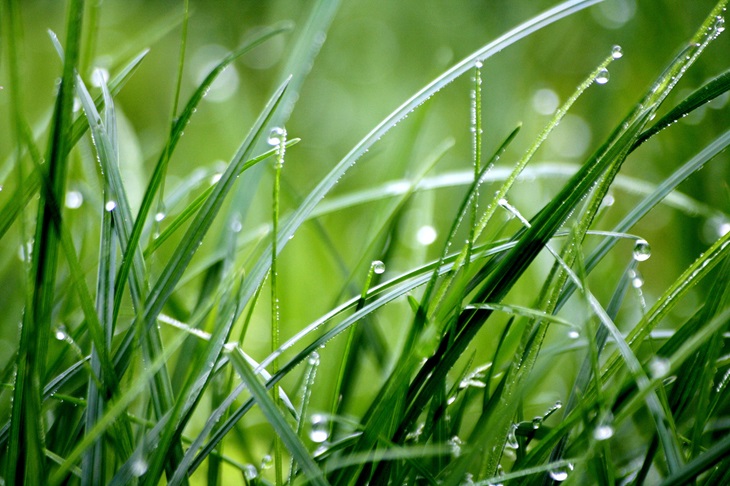
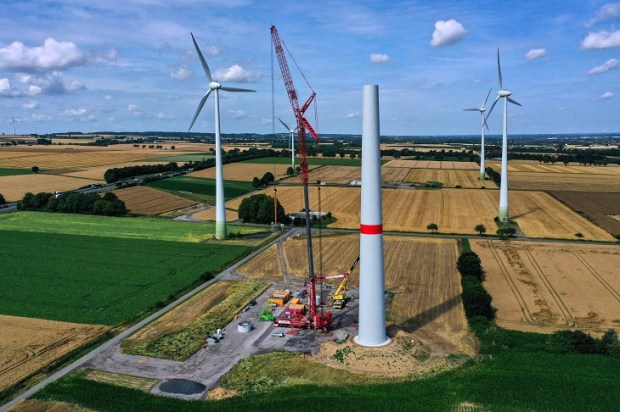
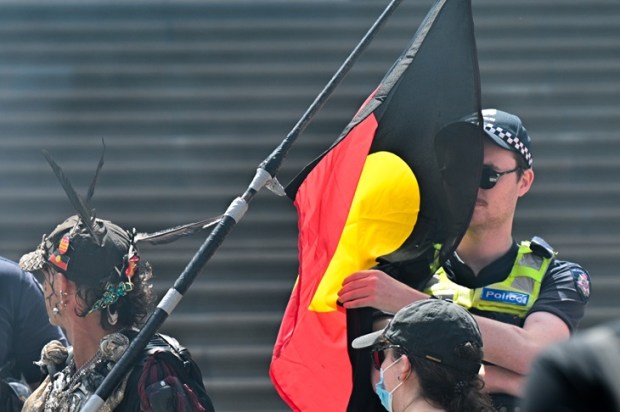
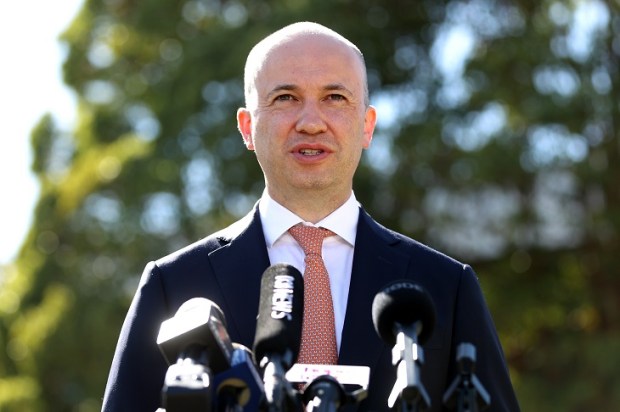
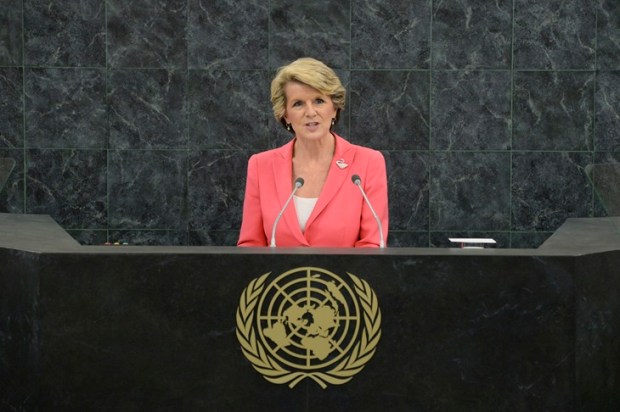

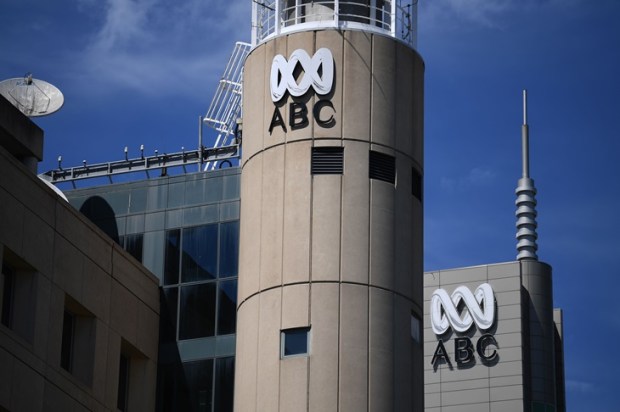


















Comments
Don't miss out
Join the conversation with other Spectator Australia readers. Subscribe to leave a comment.
SUBSCRIBEAlready a subscriber? Log in